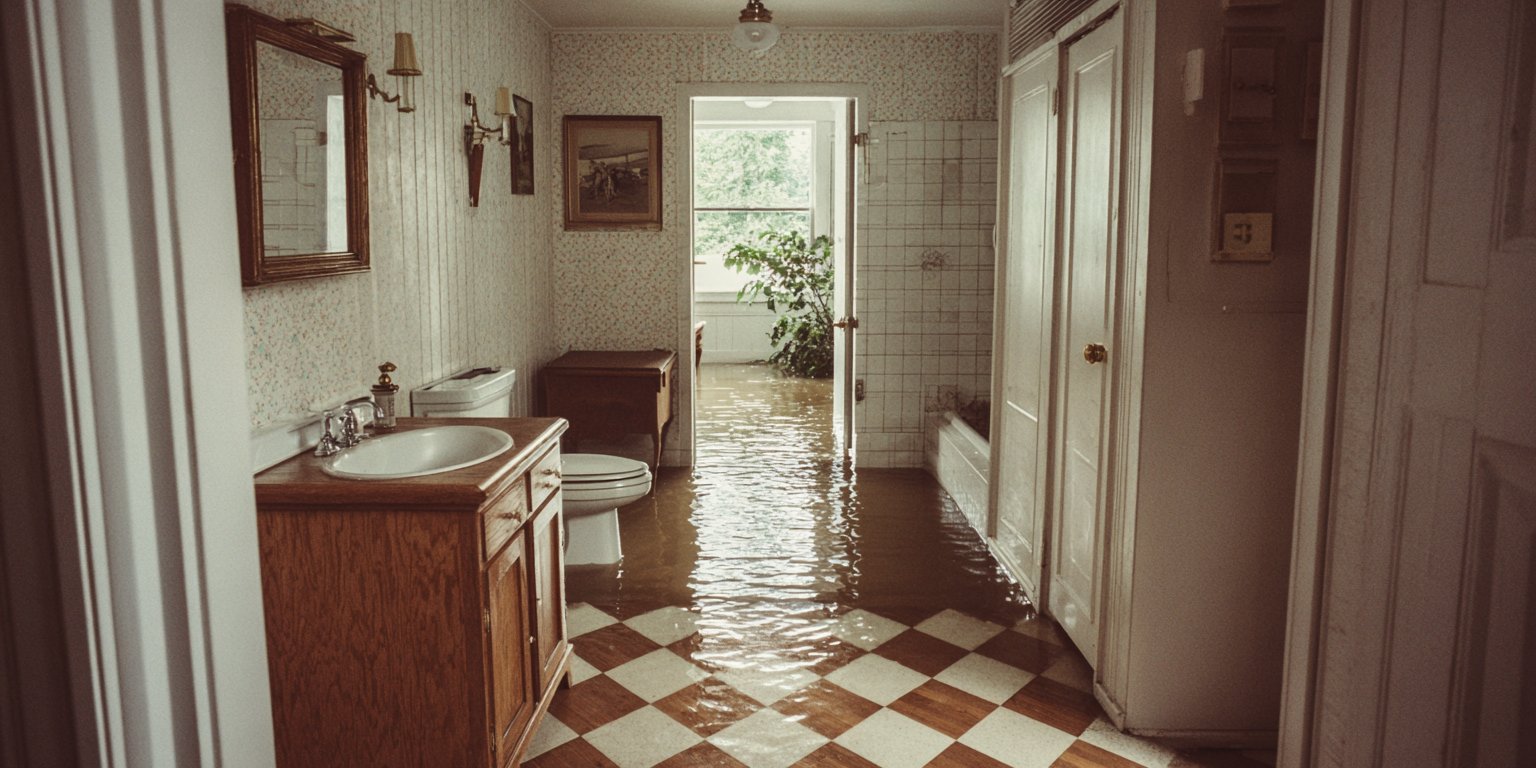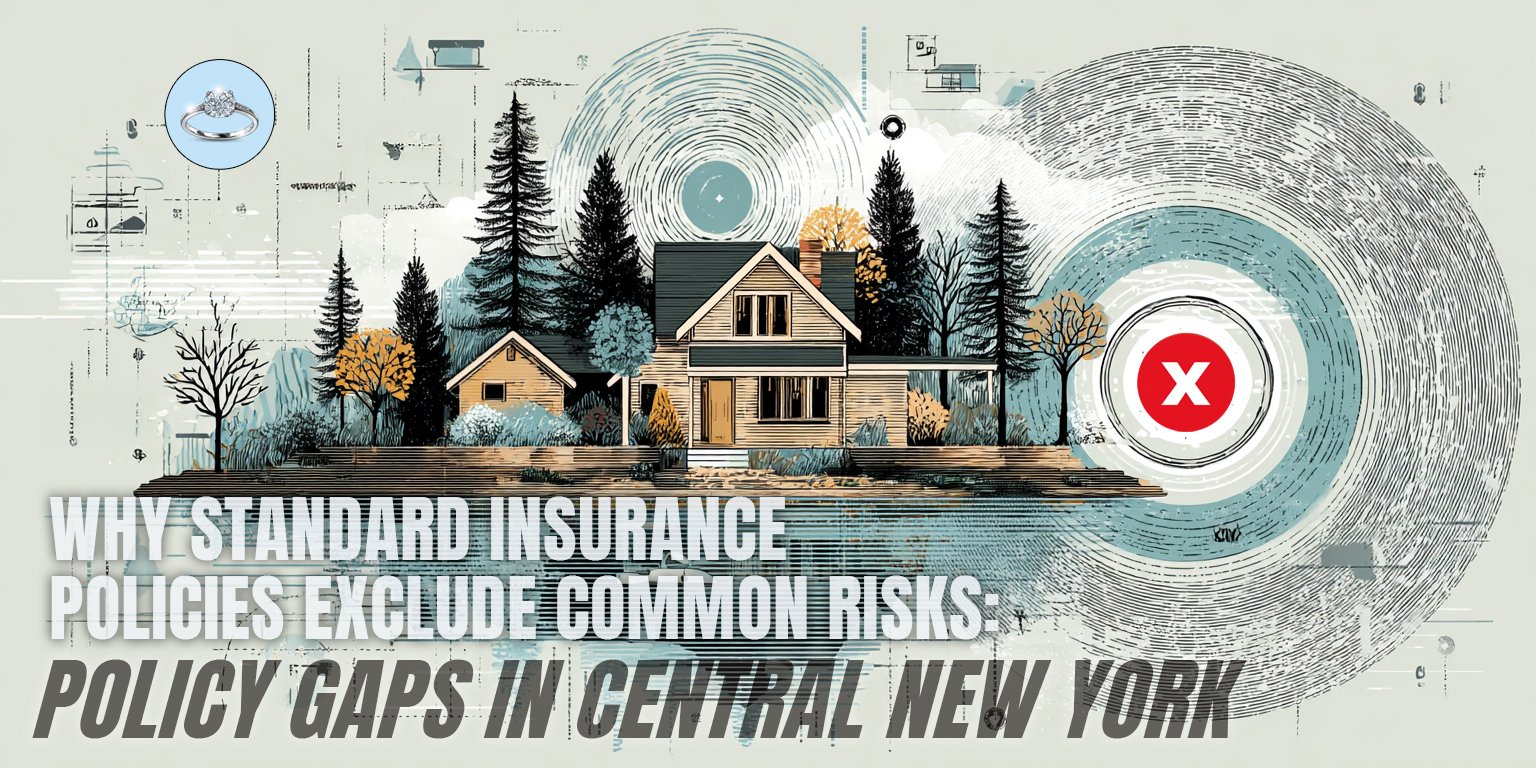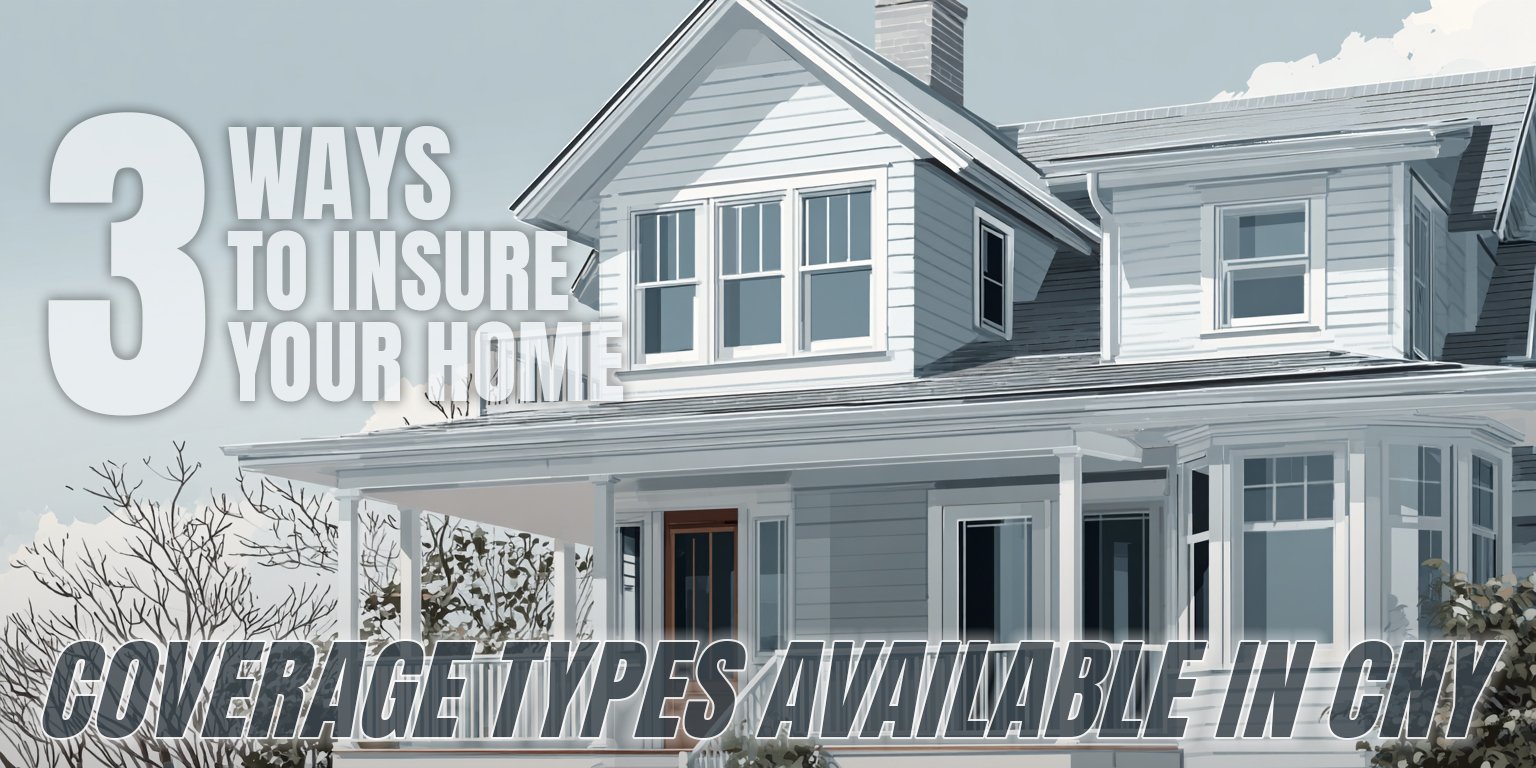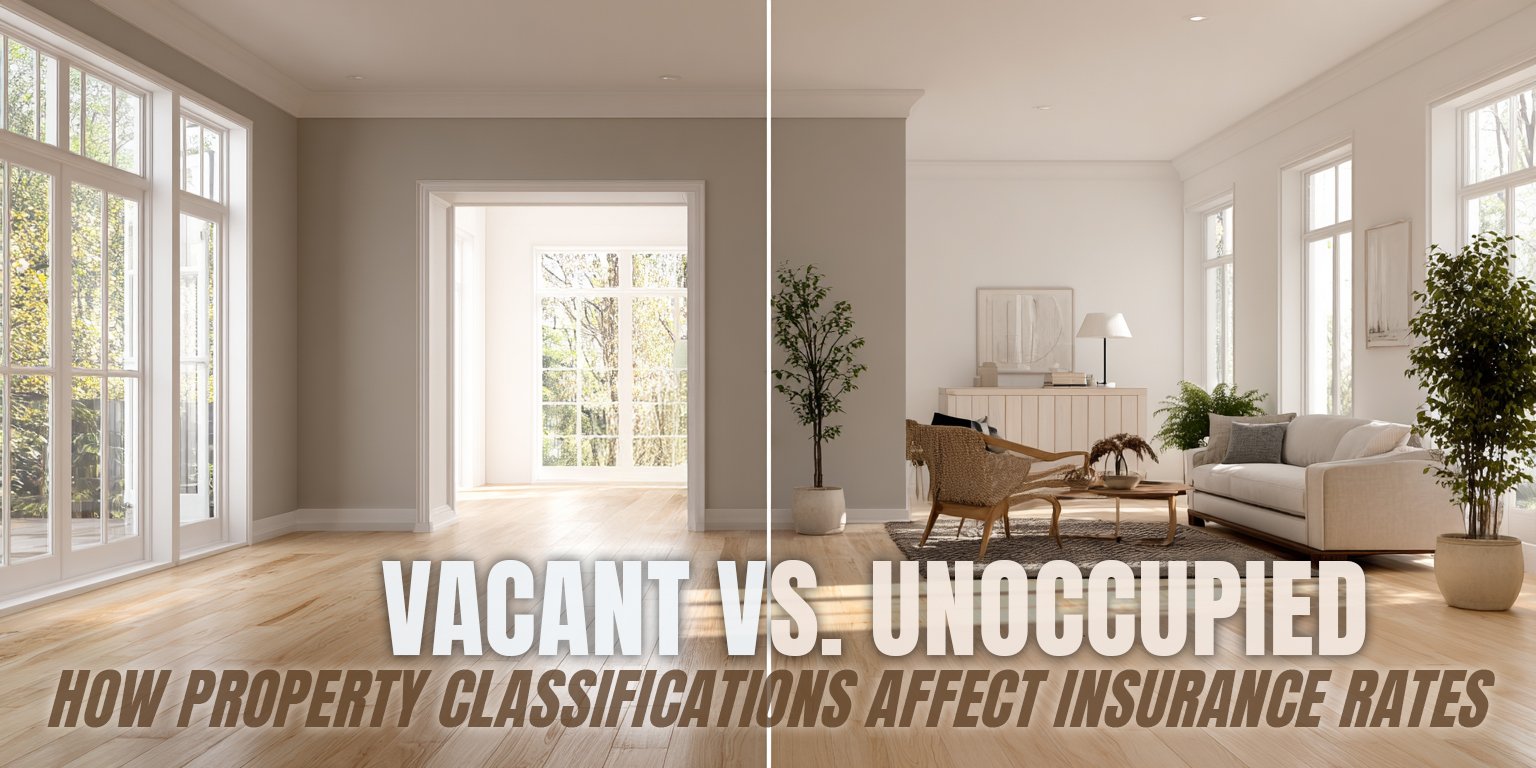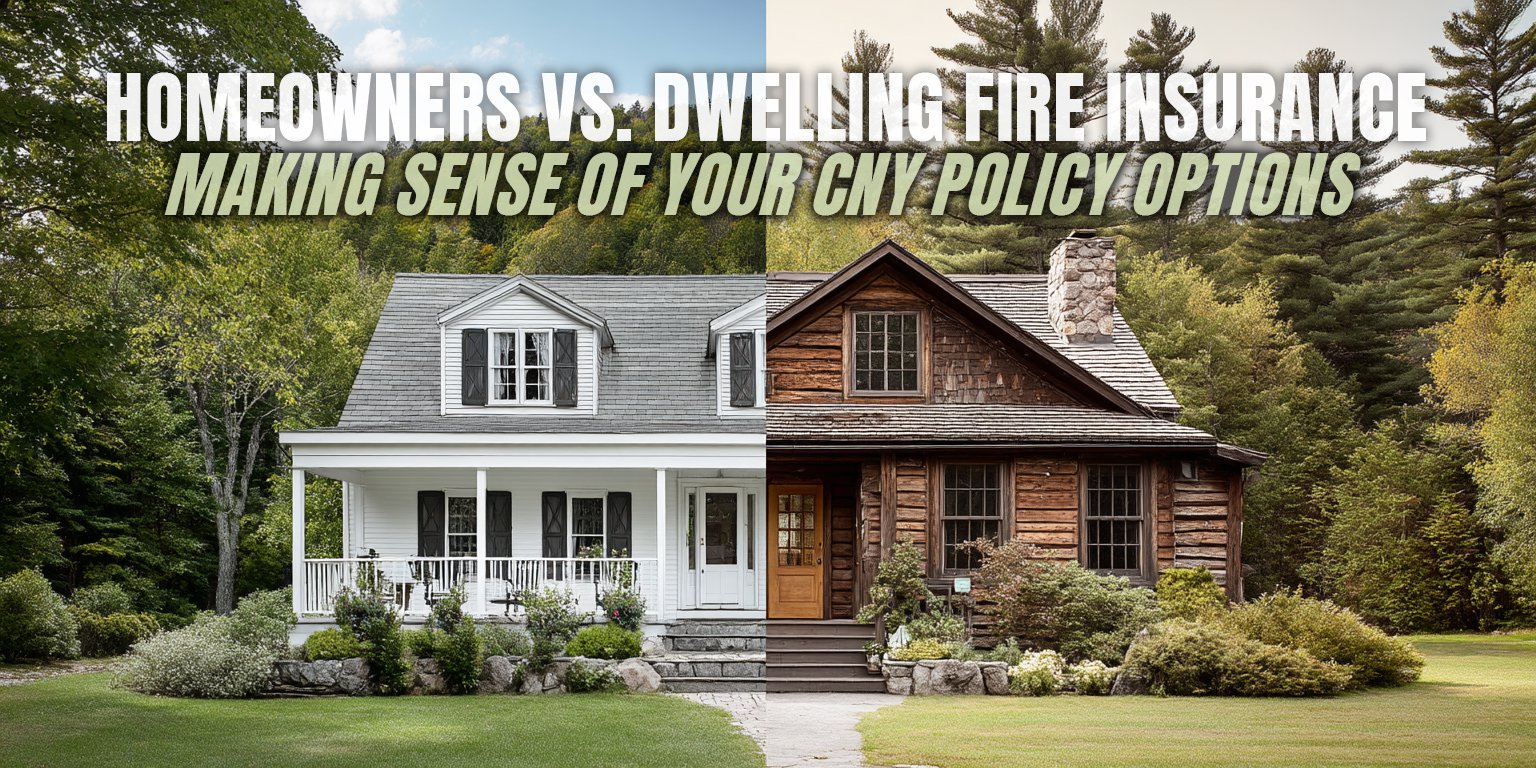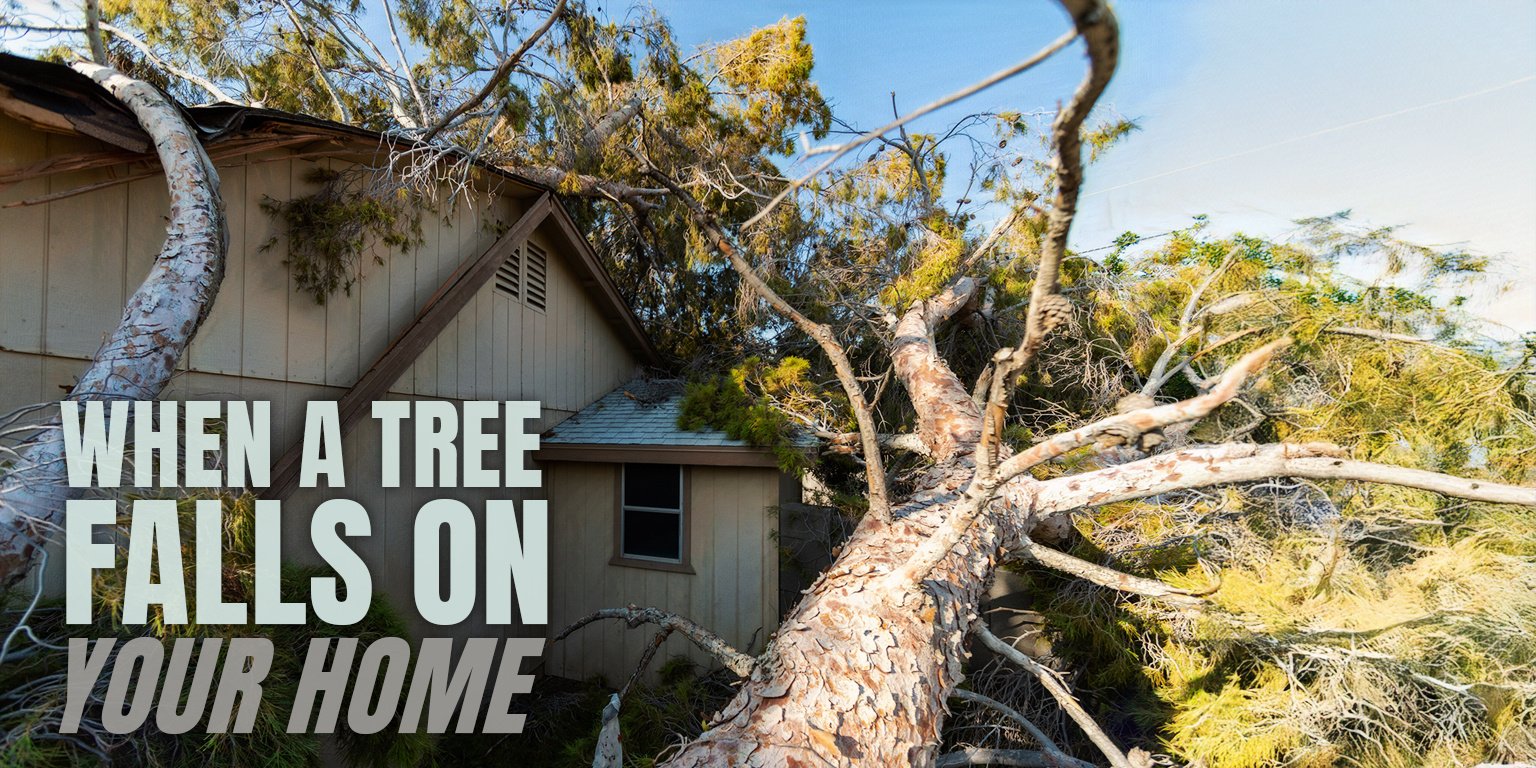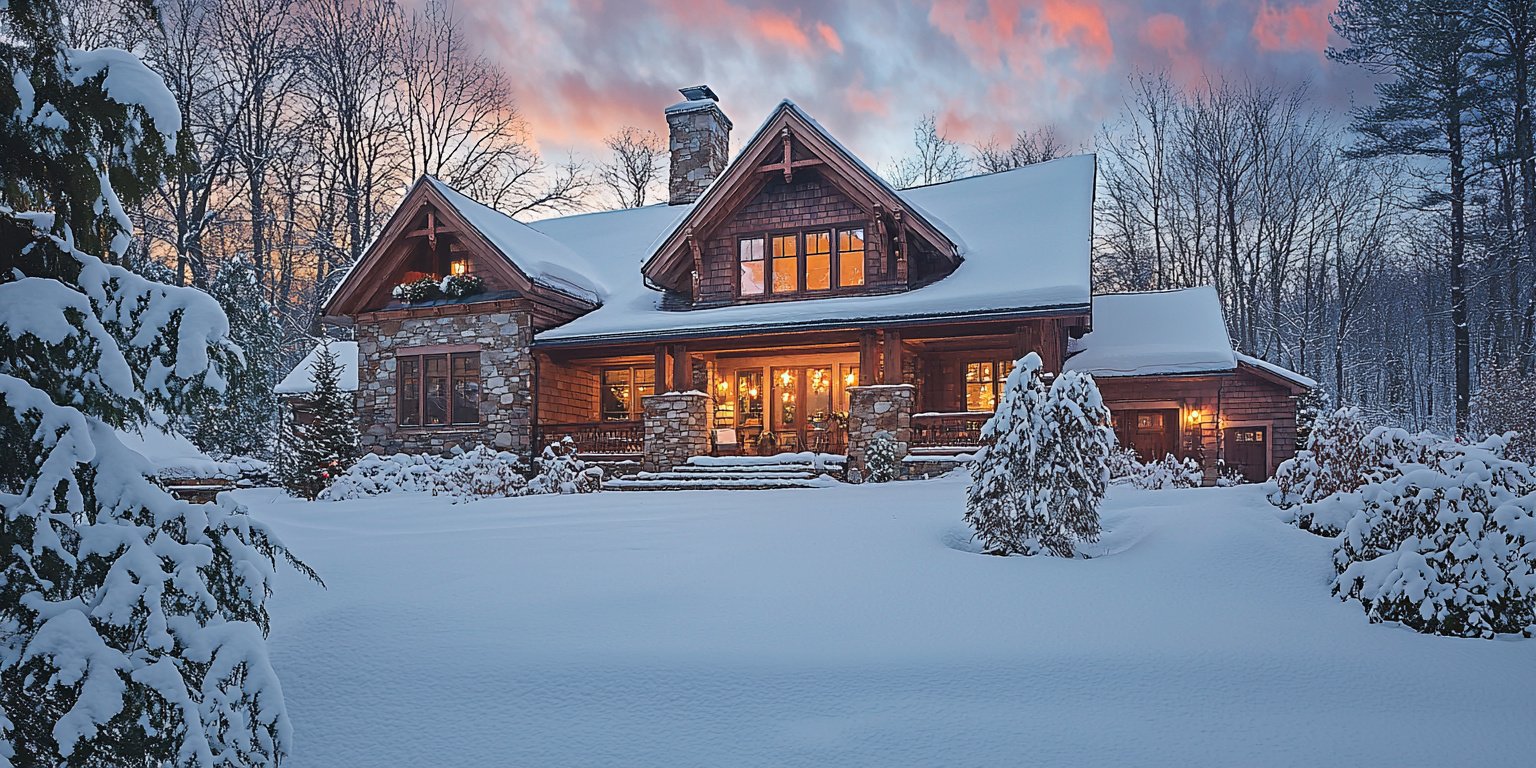Do I Need Homeowners Insurance During Construction in CNY?
June 3rd, 2024
5 min read
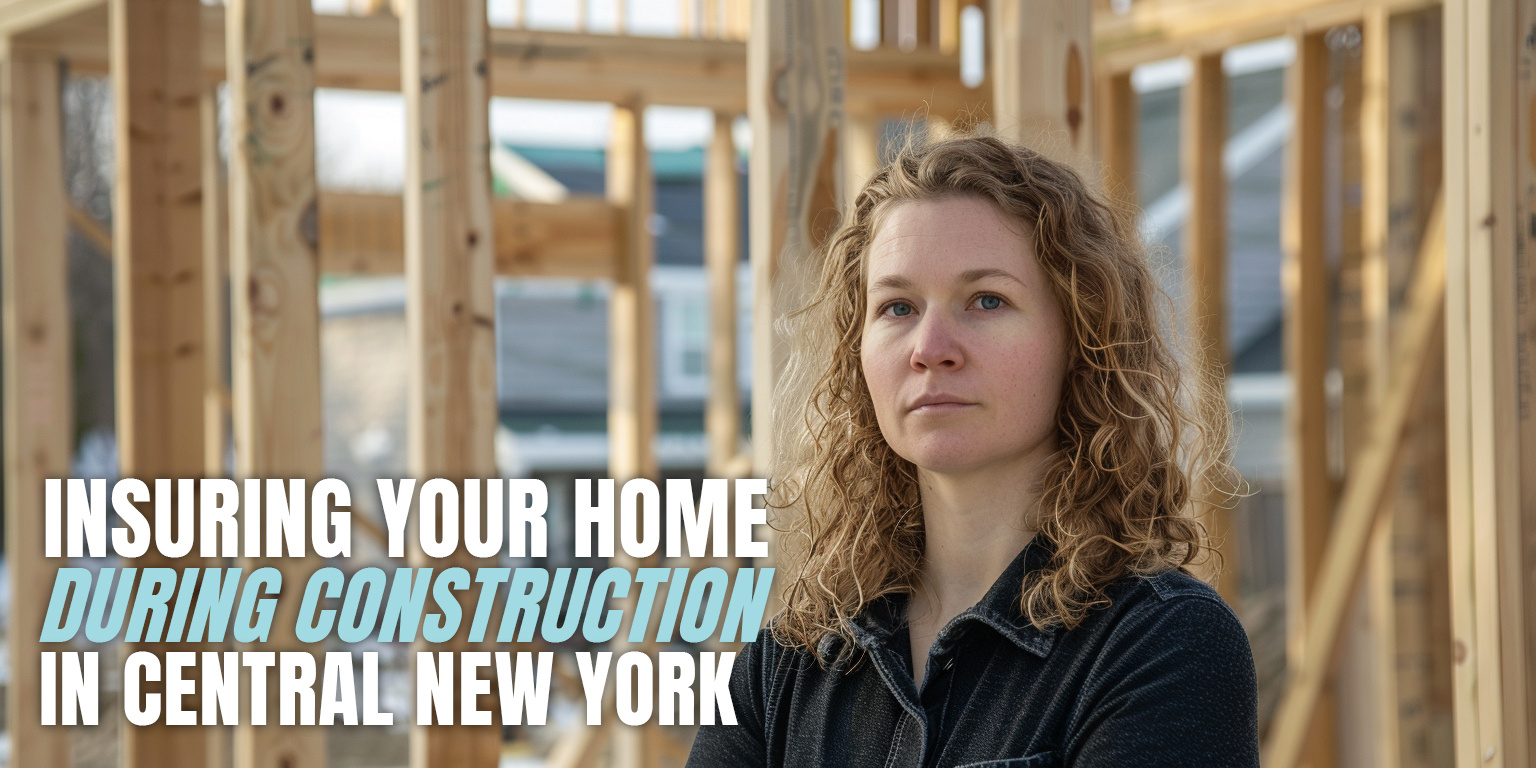
When you're building your dream home or adding to your existing property in Central New York, the last thing you want is to make an uninformed decision about your insurance coverage.
You're worried about buying a policy that isn't quite right for your situation, leaving you vulnerable to financial and regulatory risks during the construction process.
At the Horan insurance agency, we understand your concerns and are here to help. As an independent agency working with multiple carriers, we have the knowledge and perspective to guide you through the complex world of construction insurance.
In this article, we'll discuss the importance of builder's risk insurance, which differs from traditional homeowners insurance. We'll also cover the essential theft of building materials endorsement and explain how the policy is priced based on the replacement cost of your finished home.
By reading to the end of this article, you'll have a clear understanding of the insurance coverage you need to protect your investment during the construction phase.
Protecting Your Home with Builder's Risk Insurance During Construction
When you're building a new home or putting an addition on your existing property in Central New York, you need insurance to protect your investment. However, traditional homeowners insurance alone isn't the right coverage for a house under construction.
Instead, you'll need a specialized policy endorsement called builder's risk insurance.
How Builder's Risk Insurance Works
Builder's risk insurance works similarly to a standard homeowners policy, but it's specifically designed to cover properties during the construction phase. This type of coverage protects you whether you're
- building a house from the ground up or
- making significant additions to your existing home.

The Importance of the Theft of Building Materials Endorsement
One crucial aspect of builder's risk insurance is the theft of building materials endorsement. As the homeowner, you're responsible for the materials used in the construction project, even if you've hired a contractor to do the work.
You're paying for these materials through draws to the contractor, so they're ultimately your property. The theft of building materials endorsement ensures that you're covered if any of these materials are stolen from the construction site.
How the Theft of Building Materials Endorsement Works
This endorsement is particularly important because it protects you in the event that something happens to materials that haven't been installed or incorporated into the structure yet.
For example, if you're having a new roof installed and the roofing materials are delivered weeks in advance, they may be stored on your property, exposed to potential risks. Similarly, drywall sheets might be stored inside the framed area of the house before installation.
Theft is another significant risk for uninstalled building materials. Because these materials are loose and easily accessible, they're more vulnerable to theft compared to materials that have been incorporated into the structure.
For instance, a stack of drywall sheets left on the property could be quickly loaded into a box truck and stolen in the middle of the night. The theft of building materials endorsement provides coverage for such incidents.
Note that you don't need to add an excessive amount of coverage for theft of building materials, as most materials aren't loose for an extended period.
Once the materials are installed or attached to the structure, they're no longer considered “building materials” and are instead covered as part of the finished product under the regular policy coverage.
The theft of building materials endorsement specifically covers the materials while they're loose and vulnerable to theft.
Learn more about endorsements (also called riders) and how they function.
When You Need Builder's Risk Insurance
If you purchase a home from a builder, such as Ryan Homes, you typically don't need to worry about builder's risk insurance. In this case, the builder owns the land and materials until the house is complete and you've signed the final paperwork.
However, if you already own the land and are having a custom home built or are building the home yourself, you'll need to obtain a builder's risk policy to protect your investment throughout the construction process.
Understanding the Timeline of Builder's Risk Insurance Coverage
While builder's risk insurance functions similarly to a homeowners policy, insurers will ask some different questions when issuing a builder's risk policy. One key piece of information they'll require is the anticipated date of completion for the construction project.
This helps the insurance company assess the duration of the risk they're taking on.
Insurers want to know how long the house will be under construction because there are unique risks associated with a building site that differ from those of a completed home.
For example, curious passersby or children may be tempted to explore the construction area, which can lead to potential liability issues. Typically, insurers prefer construction projects to be completed within 12 months. And because the builder’s risk policy also covers your liability exposure, this information is valuable to the carrier.
In some cases, carriers may accept projects lasting between 12 and 24 months. However, if the construction extends beyond two years, insurers may become concerned and question the reasons for the delay.
During the COVID-19 pandemic, insurers may have been more lenient with construction timelines due to the unprecedented circumstances.
Home Coverage After Construction is Complete
Once the construction is complete, you'll typically need to obtain a standard homeowners insurance policy to cover your newly built home. This policy will include the usual coverages for a completed residence, such as
- dwelling coverage,
- personal property coverage, and
- liability protection.
The builder's risk policy is specifically designed to cover the unique risks during the construction phase, while a homeowners policy takes over once the home is complete and ready for occupancy.
Take a deeper dive into what a standard homeowners policy covers.
Pricing and Coverage Adjustments for Builder's Risk Insurance
When purchasing a builder's risk policy, the insurance carrier may write it as a homeowner's policy with the builder's risk component and theft of building materials added as endorsements.
Once the construction is complete, these endorsements are typically removed at renewal, and the policy reverts to a standard homeowners insurance policy, like the one described in the previous section.
And note that the premium for a builder's risk policy is based on the replacement cost of the finished structure, not the current value of the construction project.
For example, if you're building a 3,000 square foot house, you'll pay a premium based on the total replacement cost of the completed home, even before the foundation is laid.
As the policy renewal approaches, the insurance carrier will check on the progress of the construction to determine if the building is complete and adjust the coverage accordingly for the upcoming policy term.
However, you'll pay for the entire policy upfront.
If you're adding an addition to your existing home, the size of the addition will determine whether you need to contact your insurance carrier or agent. For small projects under $5,000, it may not be necessary.
But for larger additions, such as a new bedroom, living area, or sunroom, you should inform your insurance provider and have them add a builder's risk endorsement to your policy. This endorsement will protect the addition during the construction phase, just as it would for a new home being built from the ground up.
Read more about updating a policy for home renovations and upgrades.
If you've recently completed an addition to your home and did not notify your insurance carrier during the construction process, it's essential to contact them now.
They need to be aware that your house has increased in size to make certain that it's properly insured. If you fail to inform them and your home suffers a total loss, you may only receive compensation for the original structure, not the added square footage.
Always keep your insurance provider up to date on any changes or additions to your home to maintain adequate coverage.
We Can Help You Properly Insure Your Home During Construction
Building your dream home or adding to your existing property is an exciting journey, but it's crucial to have the right insurance coverage to protect your investment. We've covered the importance of builder's risk insurance and the essential theft of building materials endorsement.
By understanding these key aspects, you can make informed decisions about your coverage during the construction phase.
At Horan, we strive to be your trusted advocate, providing the guidance and expertise you need to navigate the complex world of construction insurance. Our experience working with multiple carriers gives us a unique perspective, ensuring that you have the right coverage for your specific situation.
By following our advice, you can proceed with your construction project with composure and security, knowing that your investment is properly protected.
Don't let uncertainty about insurance hold you back from building your dream.
Click the Get a Quote button below to start a conversation with our knowledgeable team and take the first step toward protecting your home during construction.
Daniel is an accomplished content creator. He has been working in publishing for almost two decades. Horan Companies hired Daniel as its content manager in November 2022. The agency entrusted its messaging to him. Since then, Daniel has written insurance articles, service pages, PDF guides, and more. All in an effort to educate CNY readers. He's helping them understand the world of insurance so they can make informed decisions.
Topics:











